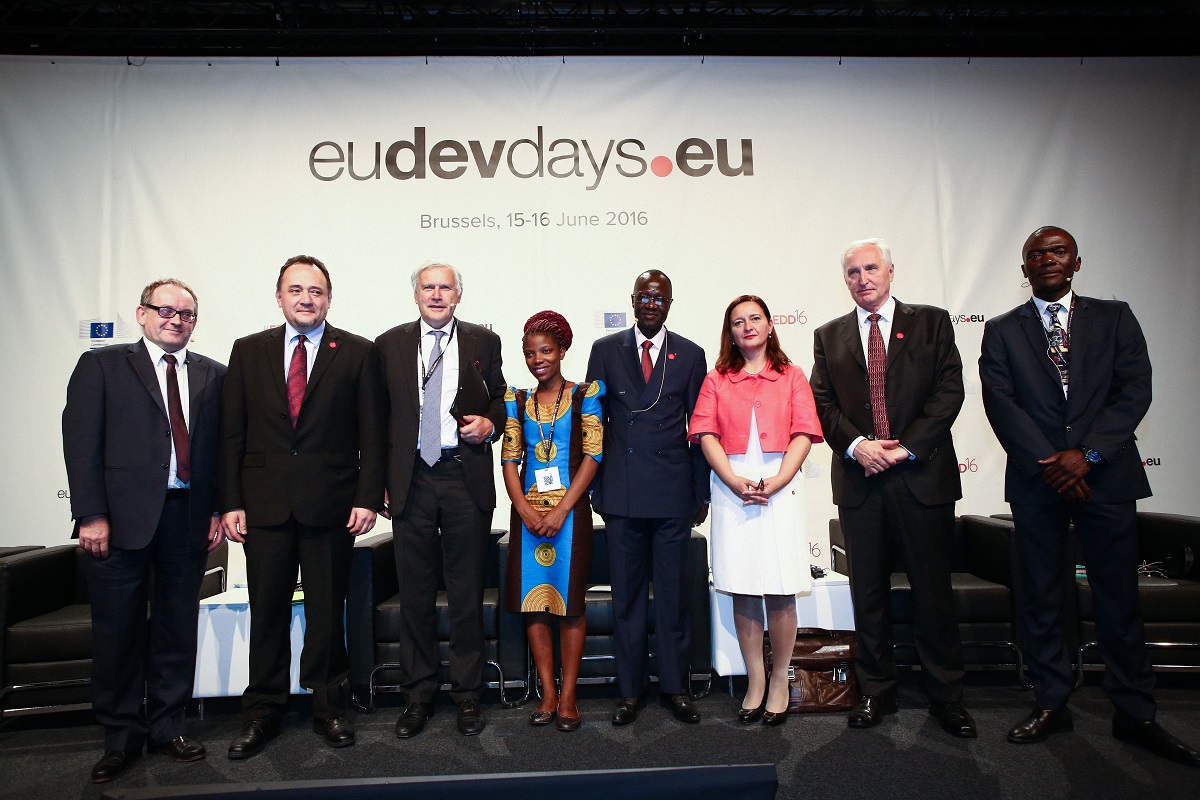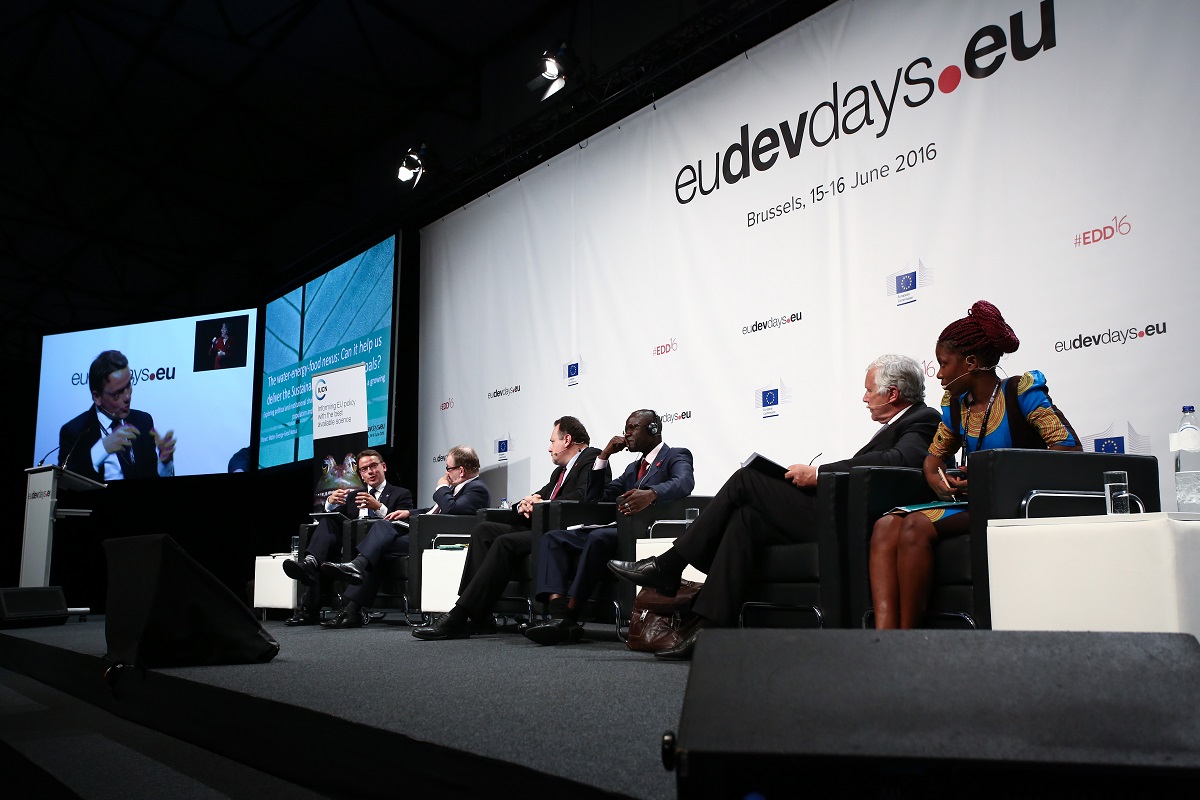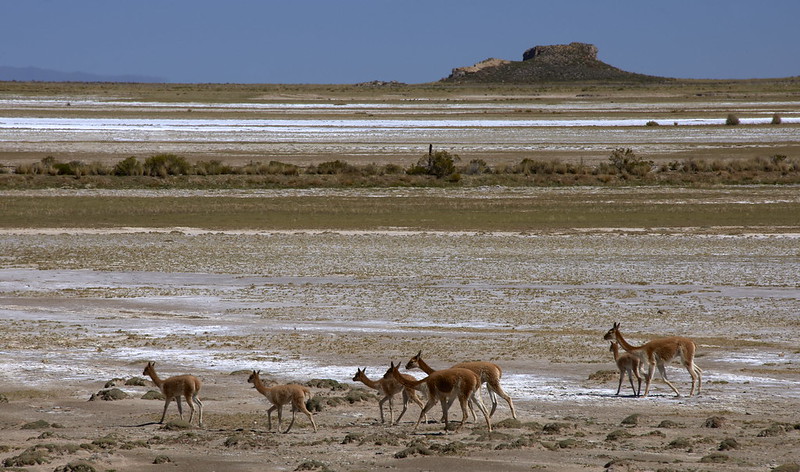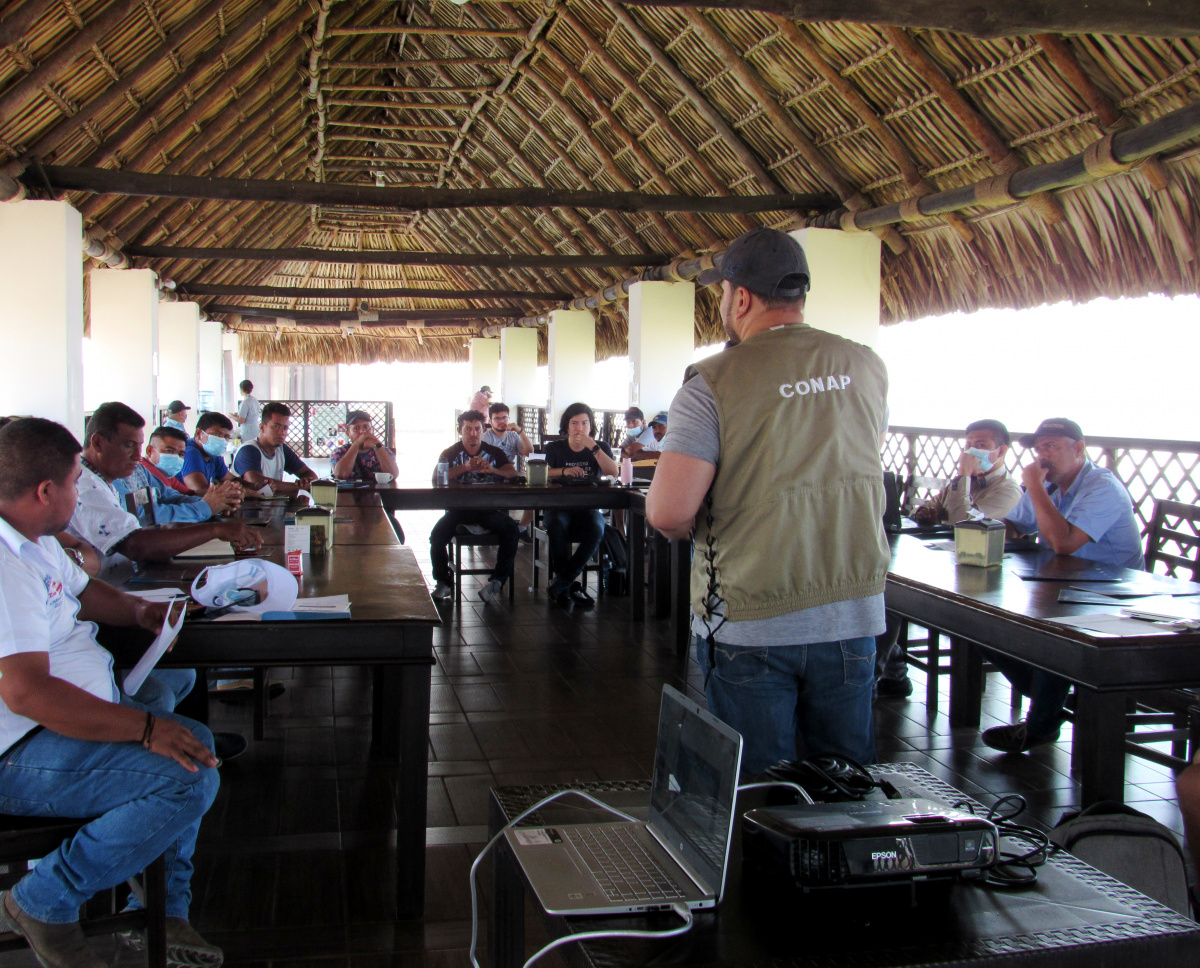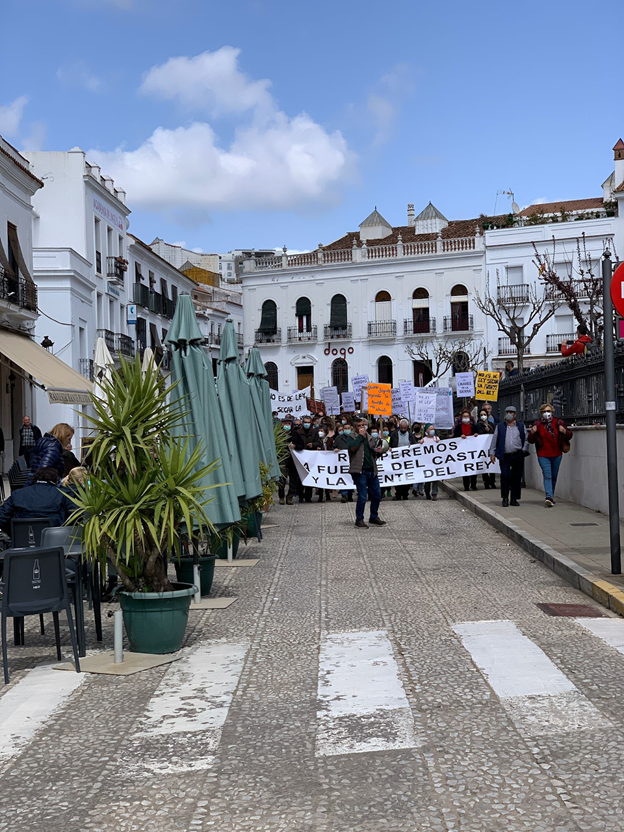Can the Water-Energy-Food Nexus help us deliver the Sustainable Development Goals? IUCN-led discussion at the European Development Days
For its 10th anniversary, the European Development Days welcomed over 6000 participants from over 140 countries. Over two days, from 15 to 16 June 2016, the European Commission’s EDDs brings the development community together to share ideas and experiences, to inspire, to build new partnerships, and to find innovative solutions to the world’s most pressing challenges.
This year’s EDDs focused on implementation of the ‘2030 Agenda for Sustainable Development’, making it one of the first major conferences dedicated to this topic. In his opening address, Ban Ki Moon, Secretary General of the United Nations stated: “Now we have a vision to take us even further than the Millennium Development Goals. Implementation will not be easy and development cooperation will be crucial. It is only as a global family that we can overcome the global challenges we are facing.”
IUCN, in collaboration with Oxfam and Sustainable Energy for All (SE4ALL) organized a high-level auditorium panel consisting of Ministers of State, business directors, heads of international organisations and youth leaders to debate on: ‘The Water-Energy-Food Nexus: Can it help us to deliver the Sustainable Development Goals?’ Moderated by Paul Yillia from SE4ALL, the session explored the political and institutional challenges we face managing our food, water, and energy needs in a world facing a growing population and shrinking resources.
The water-energy-food nexus is a crucial and forward-looking concept that, if properly understood and addressed, can help to achieve the Sustainable Development Goals (SDGs). In his keynote address, H.E. Dr. István Mikola, Minister of State for Security Policy and International Cooperation of Hungary emphasised that the most pressing global challenges of our time: migration, climate change, the situation in fragile states, urge us to come up with a more comprehensive and sustainable approach.
Panellists shared their experience in addressing the nexus and overcoming implementation challenges. René Orellana Halkyer, Minister of Development Planning of the Plurinational State of Bolivia discussed the challenge of providing adequate infrastructure and appreciating the scale of implementation in order to strengthen and empower the management of water by local communities.
Christian Friis Bach, Executive Secretary, United Nations Economic Commission for Europe (UNECE), explained that one way to overcome these challenges is through collaboration using such frameworks as the UNECE water convention. Such conventions encourage countries to “think cross border, cross countries and cross sectors,” said Mr Friis Bach, enabling us to solve some of the most pertinent sustainable development issues.
The active participation of the private sector is also crucial to the nexus and Joppe Cramwinckel, Director of Water at the World Business Council for Sustainable Development highlighted innovative solutions the business community is finding to tackle the nexus. To be successful however, governments and businesses need to work together to drive these solutions to scale.
Solutions to the nexus do not necessarily need to come from governments or large corporations. Martin Hiller, Director General of Renewable Energy and Energy Efficiency Partnership (REEEP) explained that small and medium-sized enterprises (SMEs) can provide innovative solutions to the water-energy-food nexus. REEEP provides business mentoring and targeted financial injections to ‘de-risk’ projects so that SMEs can grow and access commercial capital and therefore contribute to operationalise the nexus.
Partnerships can be found on even smaller scales by engaging with youth. Pilirani Khoza, Youth Leader, Faculty of Food and Human Sciences in Malawi exemplifies this approach through her work that brings together students and female farmers in Malawi to find sustainable solutions to managing their resources. “Youth should be regarded as a solution” said Ms Khoza regarding tackling the issues of water unavailability, food insecurity, and use of unsustainable energy.
However, these initiatives to address the water-energy-food nexus are only truly successful when approached holistically. If you want to solve one of the elements of the nexus, said Minister Honoré Feizouré, Ministry of Agriculture and Rural Development, Central African Republic, you need to look at all the other factors that surround it. The only way to do so is to take a holistic approach to overcoming these challenges to ensure long-term durable change.
This sentiment of developing an integrated strategy was echoed by Ms Marjeta Jager, Deputy Director General for the European Commission,DG for International Cooperation and Development in her closing remarks. Ms Jager emphasised the need to act now and that only by working together can we make progress, highlighting the new EU led Nexus Dialogue programme.
Reflecting on the nexus James Dalton, IUCN Global Initiatives Coordinator said, “the links between water, energy and food security demonstrate our networked societies and markets. But what is less clear is our reliance on the ecosystem services that underpin these securities. We must use the SDG’s to better identify the inter-sectoral impacts and opportunities between these 3 sectors, and invest in the ecosystems that underpin the food on our plates, the water in our taps and turbines, and in the clothes we wear.”
The entire discussion can be viewed here.
The two day high-level conference was closed by the organizer of the EDDs, Neven Mimica, EU Commissioner for International Cooperation and Development, who stressed that the “true beauty of the 2030 Agenda lies in its comprehensiveness and that it is now time to turn sustainable development from commitments to action.” As such, he announced the upcoming launch of a new EUR 3.1 billion external investment plan by the EU Commission.
